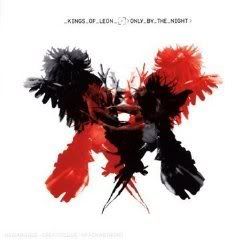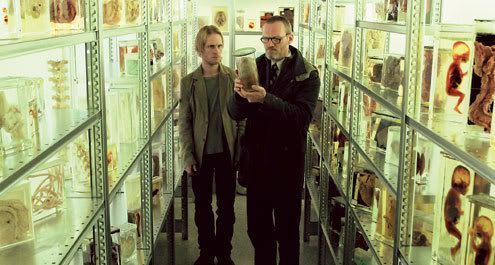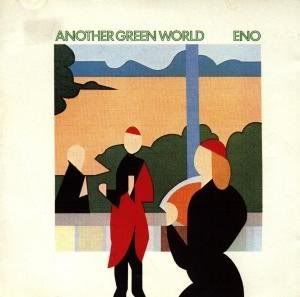NICOLAS CAGE IS/IS NOT THE WORST ACTOR EVER
Critical roundtable reconvenes
As there are so many people in the world, it is naive to think that any thought you have is entirely original: no matter how crass, wrongheaded, cruel or narcissistic it is, someone else thinks it too. Back at my parents, I am watching Face/Off, a mildly entertaining action film with a flimsy premise (though plenty high-octane thrills and spills), and Con Air, a mildly entertaining action film with a flimsy premise (though plenty high-octane thrills and spills). I am in awe.

Let us understand the concept of what £10-14m can buy in terms of the movie-making business. The best cameras, access to the most suitable locations, extravagant sets, rafts of extras, hundreds of cars to load with gelignite and set ablaze. The finest editor, cinematographer, crew, catering and a high-quality second unit for those boring reshoots and landscapes.
Alternatively, you can hire an actor who is routinely out-performed by his own haircut. Art In Macro reconvened the roundtable to investigate this modern phenomenon.
MEET THE ROUNDTABLE
- MM is a civil servant in his late 30s.
- I don't know what RC does, but he's about the same age.
- JE is a music teacher in his mid-20s.
- DR is a producer in his 30s.
- CM is a CAD designer and drummer in his early 20s.
- LH is in her late teens and is a student.
RC: He really does have the worst face in history. Looks like somebody else is controlling it...and they've forgotten they are controlling it.
MM: [produces list of seven or eight films] To be honest, I think the above list would still be good films if he wasn't in them i.e. there's nothing particular about him that makes them good films and so someone else could've played his role.
RC: I'm sure Cage has a pair of creaking, ancient bellows powering his voice, he seems to go loud and then inaudible as some withered old hag pumps his next line out of him. I'd sooner watch my couch for and hour and a half.
DR: I don't mind him. He's a complex character as he can be brilliant but I think he's a bit like Michael Caine in the Seventies. When asked about Swarm, his killer-bee film, he admitted that it was shit but it also bought him a new house.
CM: I dont give a shit about how his acting rates overall. The films he is in are awesome and granted you know whats coming when you see his name and a few explosions underneath it... but that's not always a bad thing.
JE: National Treasure 2 has the single worst face ever pulled in a film. It's awful. It must last all of about 18 frames of film, but it was amazingly bad.
LH: I don't mind him.
JE: In all seriousness, I could talk for ten minutes to an audience about those 18 frames, seriously. Seriously. Seriously. It's that bad.
If Art In Macro aims to prove anything, it is that a media that represents only one argument is not only doing a disservice. Sure, this writer thinks that Nic Cage is a horrorshow, a film cancer, a curse on motion picture - 26 consecutive stinkers attesting to this. But look at the gross of said stinkers. This guy is bankable for whatever inconceivable reason. He outright deserves his place in the pantheon of highest paid actors because his name is big money, so enough of your socialist suggestions of subjective worth - all that matters is the bacon, and how much of it you bring home! Hard-working Joe and Suzie Lunchpail flop their dollars down for the Nic Cage flick, not the new Bruno Ganz one!
A begrudging New Year salute to you, Nicolas Cage. You are not the worst actor ever. Heck, the way you made The Wicker Man into a comedy was Kaufman-esque.




